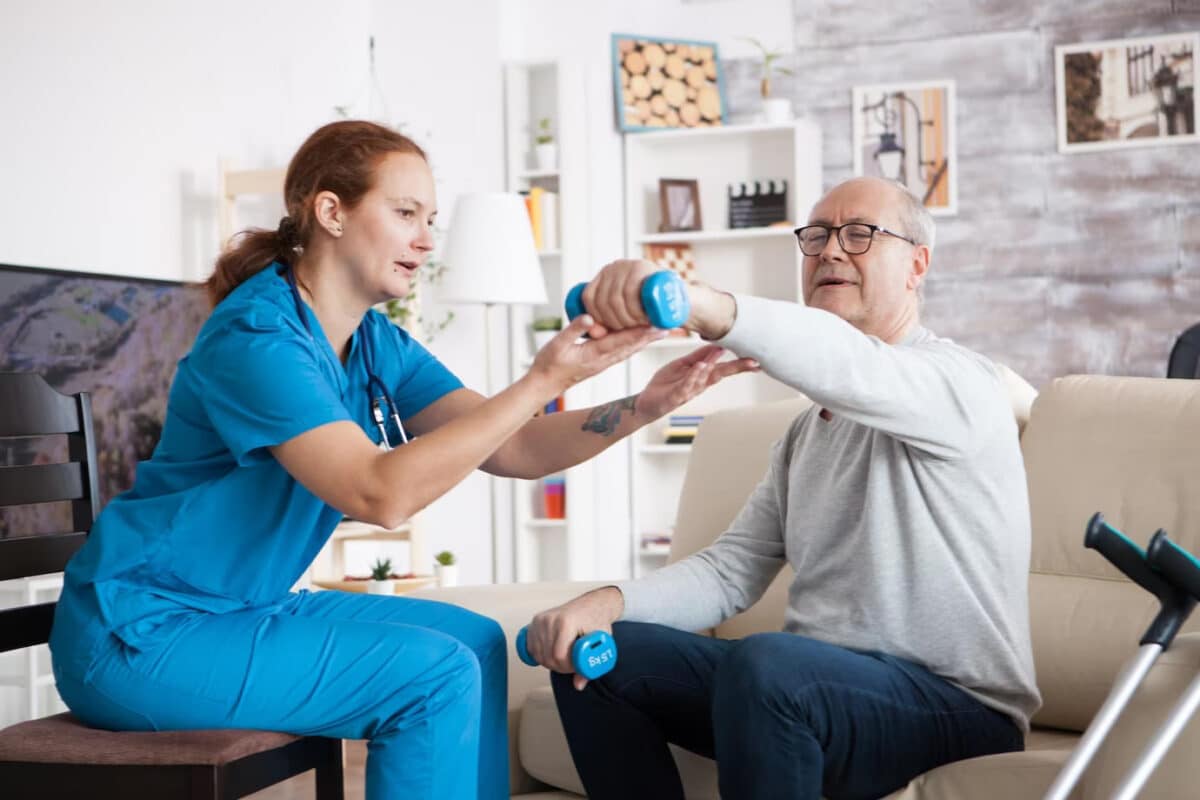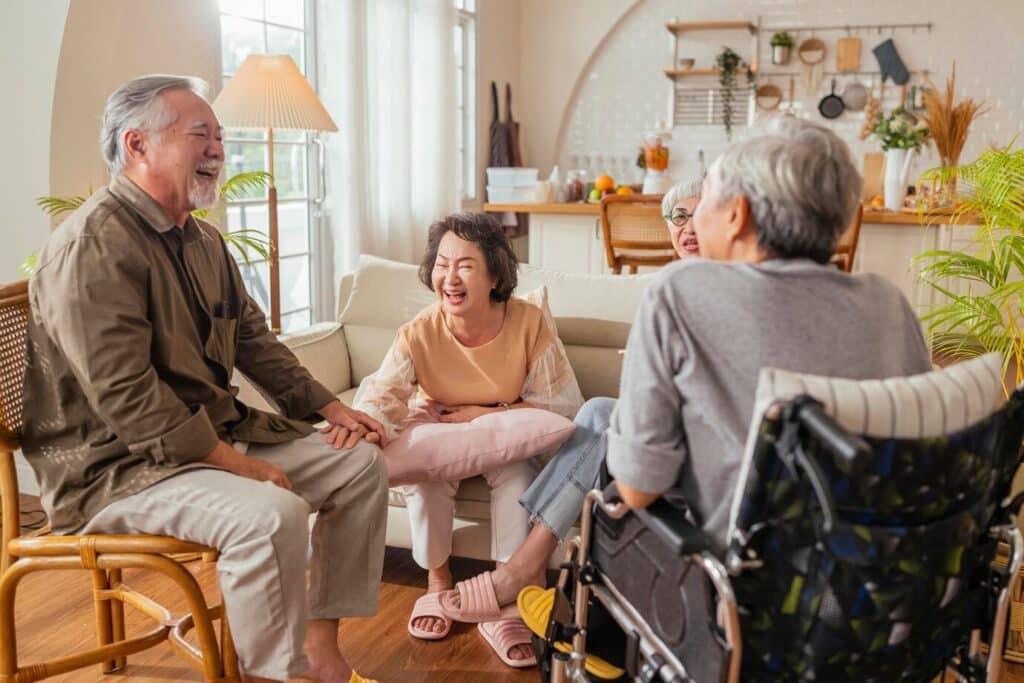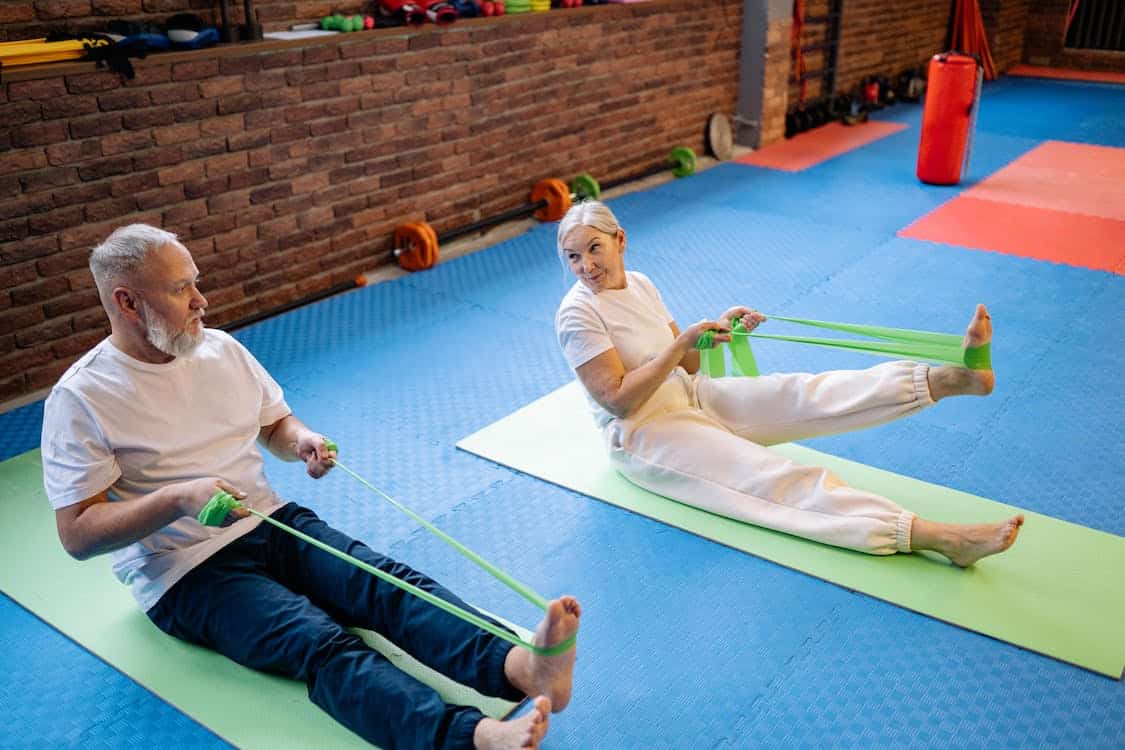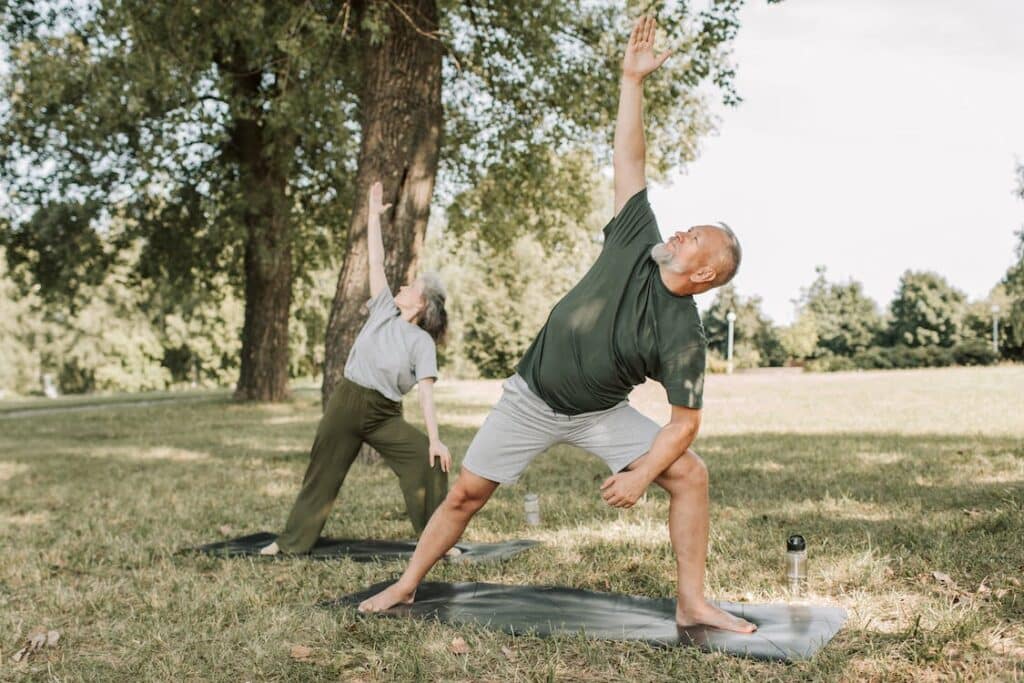What Should Seniors Know About Over-the-Counter Medications and Supplements?
Understanding Over-the-Counter Medications for Seniors
As we age, our bodies and health needs change, making it crucial to understand how over-the-counter (OTC) medications and supplements affect seniors. At Westmont of Cypress, we believe in empowering our community with knowledge to make informed health decisions.
The Importance of Reading Labels
One of the first steps in safely using OTC medications is reading and understanding the labels. Labels provide vital information about dosage, ingredients, and potential interactions with other medicines. Seniors should pay special attention to the active ingredients in OTC drugs to avoid accidental overdose, especially if they are taking multiple medications for various health issues.
Age-Related Changes and Medication Effects
As we grow older, our body processes medications differently. The liver and kidneys, responsible for breaking down and excreting drugs, may not work as efficiently. This can lead to medications staying in the body longer, increasing the risk of side effects. Therefore, seniors may need lower doses of medications they previously took with ease.
Supplements and Senior Health
Supplements, while beneficial in many cases, can also pose risks, especially when combined with prescription medications. Understanding these risks is key to maintaining optimal health in senior years.
The Role of Vitamins and Minerals
Vitamins and minerals are essential for maintaining health, but their need may change as we age. For instance, Vitamin D and calcium are crucial for bone health, especially in seniors who are at a higher risk of osteoporosis and fractures.
Herbal Supplements: Benefits and Cautions
Herbal supplements can seem like a natural and safe option. However, they can interact with medications and have unexpected side effects. For example, St. John’s Wort, commonly used for depression, can reduce the effectiveness of some prescription drugs.
Consulting Healthcare Professionals
It’s always advisable for seniors to consult healthcare professionals before starting any new medication or supplement. Pharmacists and doctors can provide valuable advice on what is safe and beneficial for individual health needs.

Consulting Healthcare Professionals
Personalized Medication Reviews
At Westmont of Cypress, we recommend seniors undergo regular medication reviews. This involves a healthcare professional assessing a senior’s medications and supplements to ensure they are necessary, effective, and do not cause harmful interactions.
The Importance of Ongoing Health Education
Staying informed about the latest research and recommendations in healthcare is vital. Westmont of Cypress encourages seniors and their families to actively seek information and ask questions about their health and medications.
Navigating Over-the-Counter Pain Relief for Seniors
Pain relief is a common reason seniors turn to OTC medications. It is essential to understand the different types of pain relievers and their suitability for older adults.
Acetaminophen vs. NSAIDs
Acetaminophen is often recommended for seniors because it’s less likely to cause stomach irritation compared to Nonsteroidal Anti-Inflammatory Drugs (NSAIDs) like ibuprofen. However, it’s crucial to adhere to the recommended dosages to avoid liver damage, especially in seniors with preexisting liver conditions.
Risks of NSAIDs
While NSAIDs are effective in reducing inflammation and pain, they can increase the risk of bleeding and kidney problems, particularly in seniors. It’s important to use them cautiously and under the guidance of a healthcare provider.
The Impact of Allergies and Cold Medications
Allergies and colds can be bothersome at any age, but the medications used to treat them can affect seniors differently.
Antihistamines and Older Adults
Older adults should be cautious with antihistamines, particularly older formulations that can cause drowsiness and increase the risk of falls. Newer, non-sedating antihistamines are generally safer options.
Decongestants and Blood Pressure
Decongestants, commonly found in cold medications, can increase blood pressure and may be risky for seniors with hypertension. It’s important to choose products that are safe for individuals with high blood pressure.
The Role of Digestive Health Products
As digestive systems often change with age, seniors might find themselves needing products to aid digestion.
Laxatives and Fiber Supplements
For those experiencing constipation, a common issue in older adults, fiber supplements or mild laxatives might be helpful. However, it’s crucial to use them as directed and maintain adequate hydration.
Antacids and Acid Reducers
Frequent use of antacids or acid reducers should be discussed with a healthcare provider to ensure it’s not masking a more serious underlying condition.
Sleep Aids and Seniors
Sleep patterns can change with age, leading some seniors to consider OTC sleep aids.
Melatonin and Sleep
Melatonin supplements can help regulate sleep patterns but should be used with caution. Seniors should start with a low dose and monitor any side effects.
Caution with Sleep Medications
Many OTC sleep medications contain antihistamines, which can cause confusion, dizziness, and urinary retention in seniors. It’s advisable to seek safer alternatives and practice good sleep hygiene.
The Importance of Lifestyle and Diet
In many cases, lifestyle changes and diet can significantly impact the need for medications and supplements.
Exercise and Healthy Eating
Regular exercise and a balanced diet can reduce the need for certain medications and improve overall health. At Westmont of Cypress, we encourage a holistic approach to health, integrating physical activity and nutrition into daily routines.
Staying Hydrated
Proper hydration is crucial, especially when taking medications or supplements, as it aids in the proper functioning of the body and the effectiveness of treatments.
Concluding Thoughts from Westmont of Cypress
At Westmont of Cypress, we understand the complexities seniors face with over-the-counter medications and supplements. Our aim is to provide not only a comfortable living environment but also a resource for health education and support.
Our Commitment to Senior Health
We are dedicated to helping our residents confidently navigate their health choices, providing access to reliable information and professional advice.
A Friendly Invitation
If you or your loved ones have questions about over-the-counter medications or health as a senior, feel free to reach out to us at Westmont of Cypress. Our knowledgeable staff is here to assist you in making informed health decisions. For further guidance, call us at 714-252-7144. We’re more than just a senior living community; we’re a partner in your wellness journey.





















